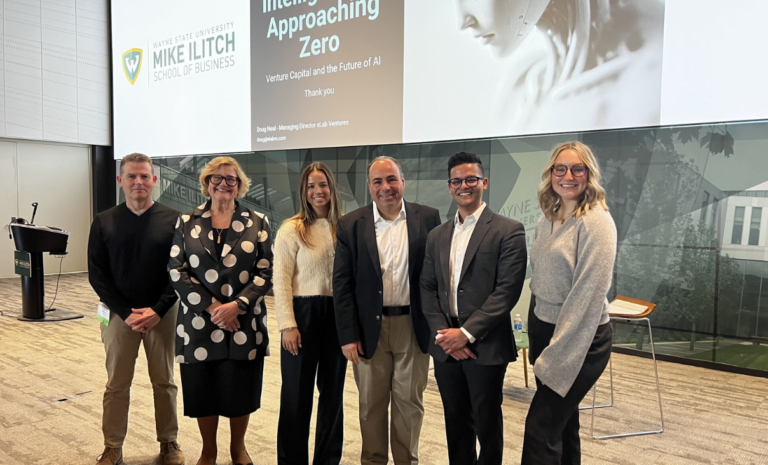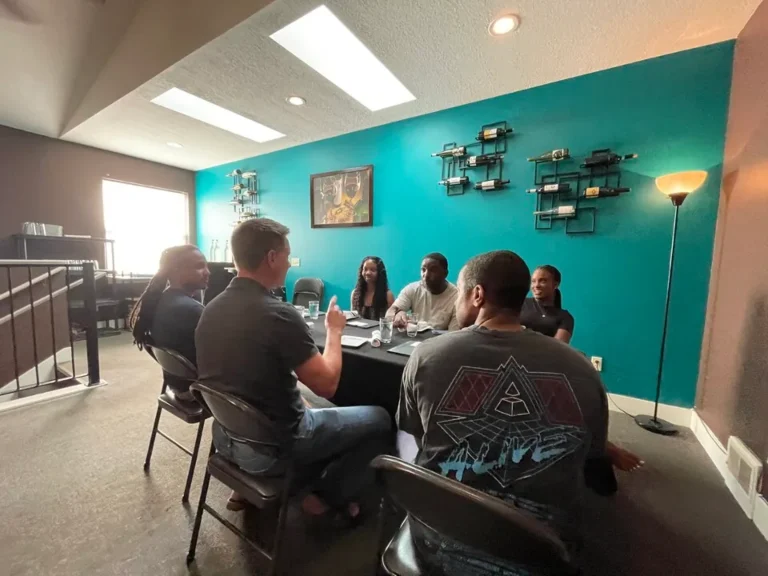Reflections from Fundraising
By: Camila Noordeloos
A few months ago, we announced the $50M raise of Grand Ventures’ second fund. We are super excited! We almost doubled the size of our first fund and have a stronger team than ever. I can’t lie, though, I am very excited to refocus on new deals and our portfolio companies.
Since the announcement, back in October, a lot of friends, colleagues, and people in our circle have been asking how we successfully raised a fund during this environment, when capital raised by managers in 2023 dropped to a six-year low.
So I decided to share with you some of the key lessons from MY personal experience. Sorry to disappoint you if you are looking for a tactical framework to fundraising. These lessons are actually more high-level observations than prescriptive formulas. They are not necessarily related to a pitch, differentiation, or specific tactical tips on how to get better in fundraising. These are reflections.
1. Sales is the number one role I would recommend to someone starting their career.
Prior to joining Grand Ventures in 2019, I spent six years at GE Ventures, where I was surrounded by incredible investors who taught me so much of what I know today. However, I never had to truly fundraise since we invested out of GE’s balance sheet. Yes, there were many other types of reporting we would have to prepare to justify our existence as a corporate venture capital arm, but I never had to pitch to potential limited partners (LPs). Therefore, from the get-go, this was a very new experience for me.
This time around, being directly involved in fundraising for the first time, I learned that sales is everything. We are constantly negotiating. Whether that is by captivating others through charisma, selling a product, or, as a founder, hiring an employee, or communicating your vision to investors, the skills you develop in a sales role are for life. The ability to read the room and adjust your message to what your audience needs while maintaining persuasion, executive presence, presentation and communication skills, and answering tough questions on the spot is not for the faint of heart. Not everybody can do that very well, especially right away, but as a muscle, if you exercise it, it sets you apart. I definitely exercised that muscle a lot this past year, but I just wished I had done it much sooner in my life.
2. Respect people’s time. Do what you promised.
I have always had a huge level of respect for entrepreneurs’ time. If I said I would do something, I did or did my best to do it. If we had a call, I followed up to inform them of our decision, even if it was a pass. Stories of founders getting ghosted by VCs after a call always seem so distant, because it is not the way we operate at Grand Ventures.
For that reason, it was surprising and frustrating to see how often investors can actually be disrespectful to others. I understand not having the time to reply to all cold emails received. I also don’t reply to every startup that reaches out to me coldly and without checking if there is a minimum fit. But if I had a call with someone, I would for sure follow up with my final position. That’s because it does not take much to understand that this is a hard job, and I’m being kind and respectful if I can provide feedback and let the entrepreneur focus on other investors who could potentially be a better fit.
As my partner, Tim Streit, who has been doing the grind work for much longer, would say, if you’re a GP, or a CEO, be prepared for disappointment. It’s part of the job. And for any number of reasons, not everyone will follow up, give constructive feedback, or even tell you why they’re passing. By preparing for it mentally, and expecting it, you remove the sting, which will help maintain energy, confidence, and optimism. Remember, you want true believers along for the journey. So if it’s not a fit with certain LPs, you’re probably both better off!
3. Surround yourself with believers.
The reality is you will get a lot of NOs. Some days, you will have all the motivation in the world and nothing will shake you. Other days you will be exhausted and beaten down and wonder what is not working. This is when you need your cheerleaders. The people who will help you brush it off and keep going. Whether they are your business partners, spouses or friends, find them!
And as much as it can be discouraging sometimes, there are also incredible people out there. I had VC colleagues willing to share their experiences and tips, and potential investors / LPs willing to give honest feedback and make introductions to other investors with better fit. Again, find these people, model them, and pay it forward when the time comes.
It’s a grind, a humbling experience, but also super rewarding. You have to break a sweat to appreciate most good things in life.
PS: These are three observations I thought I would share about fundraising. We are always learning, so I would love to hear your feedback on these or any related fundraising topics.






